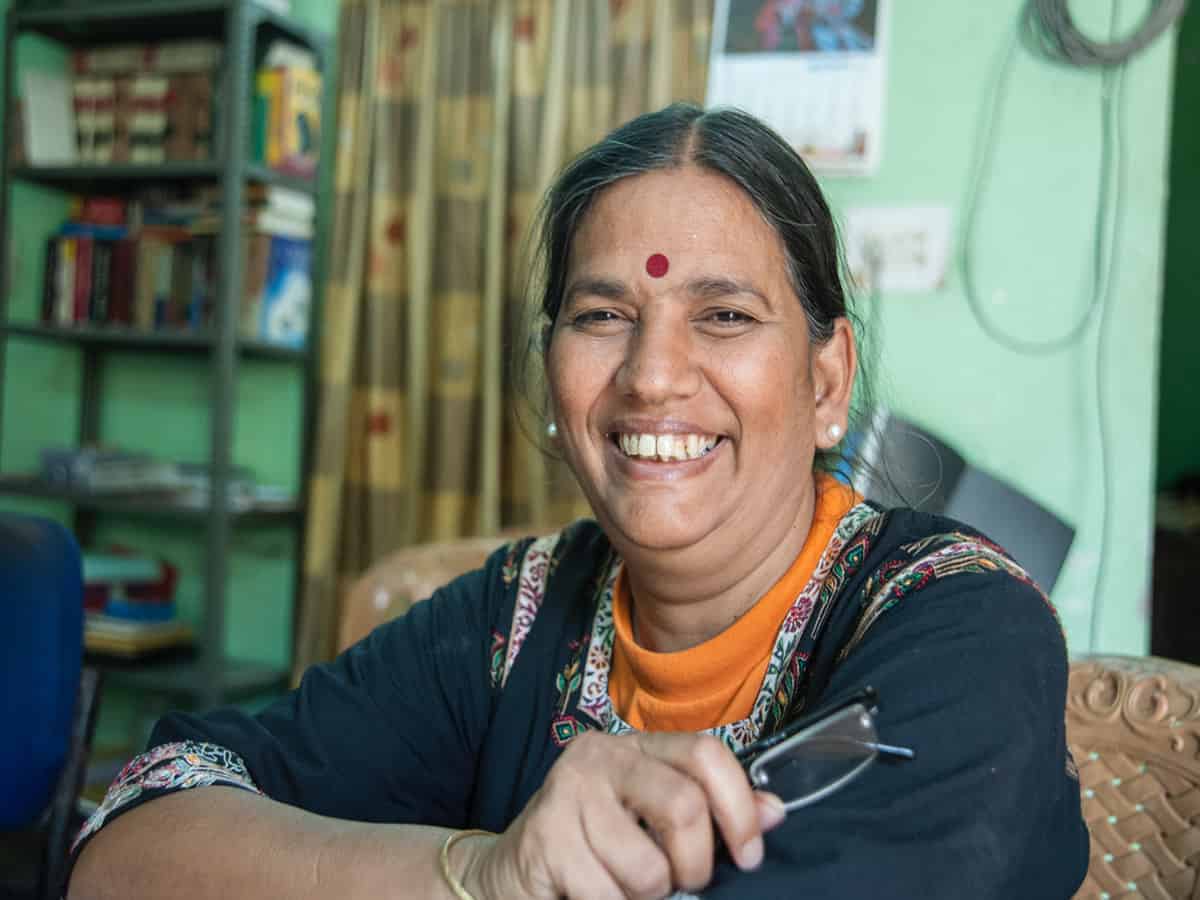New Delhi: The National Investigation Agency (NIA) has moved the Supreme Court challenging the bail granted to accused Sudha Bharadwaj in the Elgaar Parishad case.
On Wednesday, the Bombay High Court granted bail to human rights activist Bharadwaj in the Bhima Koregaon caste violence case. However, it refused to entertain the bail pleas of eight other accused – Rona Wilson, Varavara Rao, Sudhir Dhawale, Surendra Gadling, Shoma Sen, Mahesh Raut, Vernon Gonsalves and Arun Ferreira. All the accused are lodged at the Taloja Central Jail.
A division bench comprising Justice S.S. Shinde and Justice N.J. Jamadar directed that Bharadwaj should be produced before the Special NIA Court next Wednesday which will impose the bail conditions and finalise her release. It had noted that a special court designated under the NIA Act already existed in Pune, as a result, the sessions judge had no jurisdiction to extend the detention beyond the stipulated 90 days.
Bharadwaj is the first among the 16 activists arrested in the case to be granted default bail. Earlier some accused like P. Varavara Rao were granted bail on medical grounds while accused Fr. Stan Lourduswamy passed away in custody in July after a prolonged illness.
Hailing from Chhattisgarh, Bharadwaj, 60, has been in jail since August 2018 after her arrest from New Delhi by the Pune Police which was probing the twin case.
The high court granted her bail on the ground that her detention under the Unlawful Activities Prevention Act (UAPA) was extended by a sessions court, which had no power to do so.
A lawyer-activist and working for tribal rights, Bharadwaj was teaching at the National Law University when she was nabbed.
A few months ago, through her lawyer Yug Chaudhry, Bharadwaj filed a plea for bail, contending that after a lapse of 90 days of detention, there was no valid or lawful order extending the time for filing of the charge sheet and hence she was entitled to a default bail.
Opposing the plea, the Maharashtra government argued that till the investigations were not assigned to the National Investigation Agency (NIA), the proceedings on the probe could continue before the regular courts.

